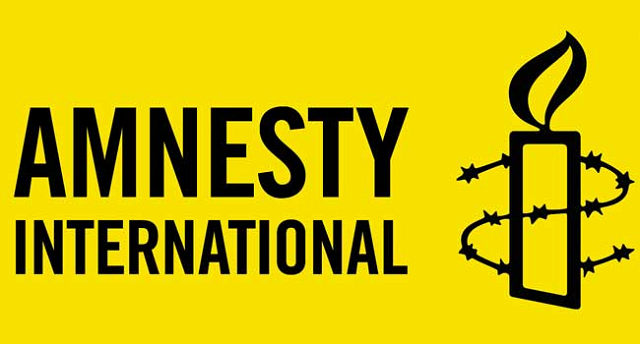According to Amnesty International Nigeria, Nigerians are frightened of how the removal may impact their daily life.
Isa Sanusi, the acting director of Amnesty, announced this in a statement. He claims that millions of Nigerians are anxious about how they will be able to pay for the prices of healthcare, food, and education as a result of the new administration’s decision.
“Millions of Nigerians are terrified about the ripple effects that President Bola Tinubu’s decision to remove the fuel subsidy will have on their daily lives,” he stated.
“Many people worry that they won’t be able to afford the expenditures of healthcare, food, and education. The administration has not yet made any suggestions about how to lessen this decision’s effects on those with limited financial resources”.
In response to the climate crisis, Isa pointed out that while all nations must eventually end all subsidies for fossil fuels, they shouldn’t do so in a way that makes it harder for those with low incomes to secure their right to an adequate standard of living.
He emphasized the significance of implementing social safety nets and protective measures with the elimination of subsidies.
Nigerians shouldn’t be made to pay for decades of political and economic mishandling of the subsidy program, he claimed.
The government must finally give in to persistent calls from civil society and lawmakers to look into the gasoline supply chain and prosecute anyone found guilty of smuggling, hoarding, or “subsidy scams” regardless of their position or status.
Isa argued that the new administration had to take action immediately now to protect the rights of those who will be most negatively impacted by the elimination of fuel subsidies.
The price of fuel has skyrocketed after President Bola Tinubu said during his inaugural speech that the government wouldn’t pay for fuel subsidies once again. Fueling stations are once again experiencing lines, and transportation costs have increased by almost 100%.













